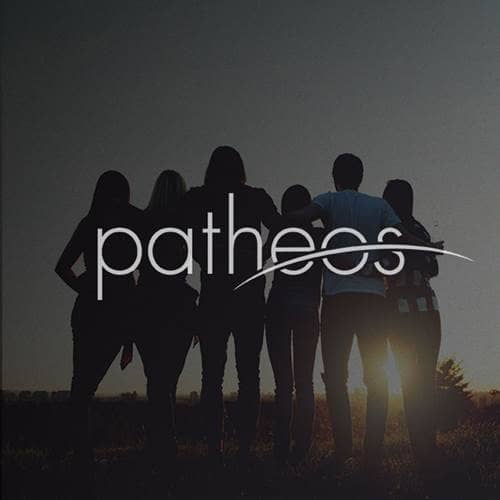- Trending:
- Pope Leo Xiv
- |
- Israel
- |
- Trump
- |
- Social Justice
- |
- Peace
- |
- Love

American Jail
Director: Roger Williams
Run Time: 93m
The temptation, when one encounters great injustice, is to look for an enemy to blame. Someone has done this. Someone needs to be held responsible. Someone must pay. Sometimes that is true. There is a person or a group of persons who have done an evil thing, but often, there is no one to blame. Gross injustice is not that simple. The mechanisms of injustice can be so dispersed amongst a society that any one person can be blind to their own participation in and propagation of that unjust system. Looking closer, we discover we are all implicated. We are all to blame.
American Jail explores a great injustice of this kind. The film is framed as a personal investigation of the American prison system conducted by the film’s writer/director, Oscar® Winner Roger Ross Williams. He journeys back to his hometown upon the suicide of a childhood friend who was in and out of prison his entire life, leading to his sickness unto death. Williams seeks to understand how his friend got caught in the cycle of arrest, imprisonment, parole, and rearrest, because he realizes that were it not for a few happy accidents in his own life, he might very well have followed the same path.
Williams’ exploration is admirably clear-eyed and even-handed. He interviews prisoners, but he also interviews guards. He interviews activists advocating for prison reform, but he also interviews those championing the current system. He looks beyond the prison walls to the courts, the legal profession, the legislatures, the stock market, and the ancillary industries, such as bail bondsmen and the companies that make prison furniture. He leaves no stone unturned, and when he lifts a stone and finds a snake, rather than recoiling from it, he presses in closer and tries to understand how the snake sees itself and why it feels justified in being there. When some cry “Conspiracy!” he simply says, “Corruption,” and tries to determine why. Williams is after a big answer to a big problem even if the answer condemns him too. At one point, it does.
This is brave filmmaking. It suggests a remarkable sense of self-possession on Williams’ part and a stalwart belief in the intelligence and indelible goodness of the audience. Roger Ross Williams is a gay, black man from a deeply religious community where he was always made to feel like an outsider. As he describes in American Jail, he found strength in the writings of James Baldwin, another gay, black man from a deeply religious community, always an outsider. Both men make extensive use of the form of memoir, centering the challenge of their narratives within themselves so that the reader, in Baldwin’s case, and the viewer, in Williams’, experiences the awakening along with them, through them. Simultaneously, they prompt you to recognize them as just as human as you are, just as broken and just as worthy of love. And since they are telling stories about people enduring injustice who are like them—but not obviously like you—you are prompted to see these others as fully human and deserving of justice as well.
There is a long tradition of this kind of “I”-centered storytelling in America by black writers stretching back to the slave narratives in the years prior to Emancipation. Roger Ross Williams is pushing—so gently but so persistently—for an end to what he sees as slavery by a different name and for an extension of a new kind of radical freedom, both for the captives and for the society that is their captors. American Jail isn’t just brave filmmaking. It’s loving. It wants us all to be free, and it knows that it must act in love even now in the face of such injustice if love is to triumph over all.
American Jail will premiere Sunday July 1 on CNN.
— Elijah Davidson











